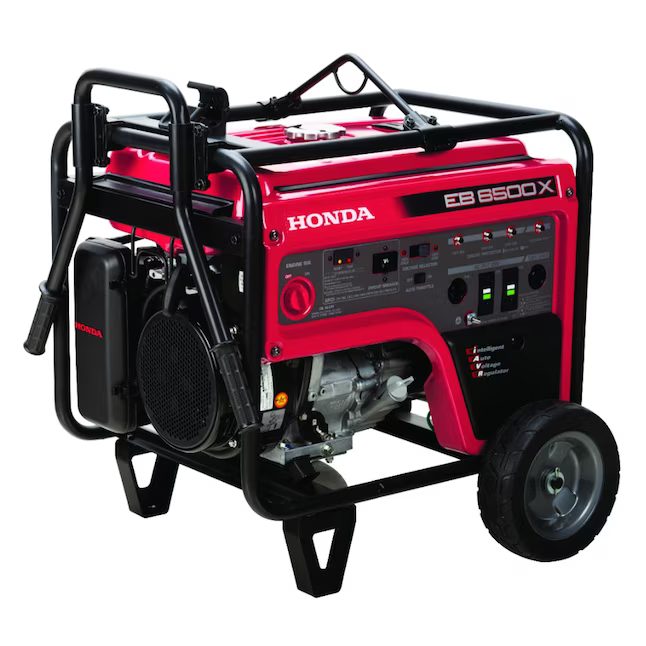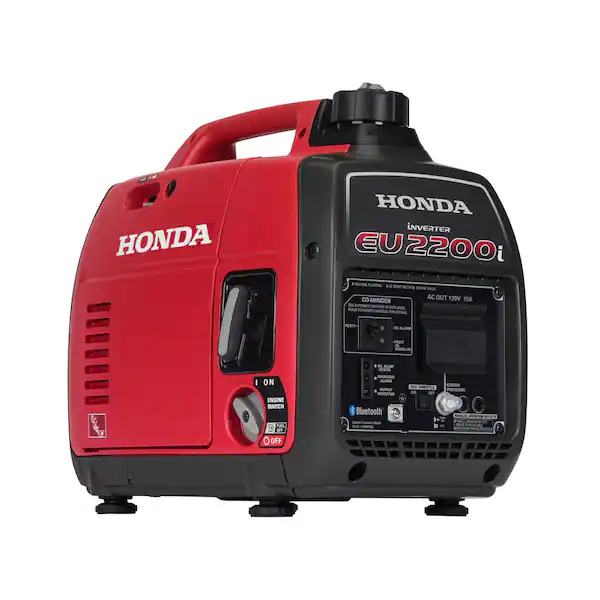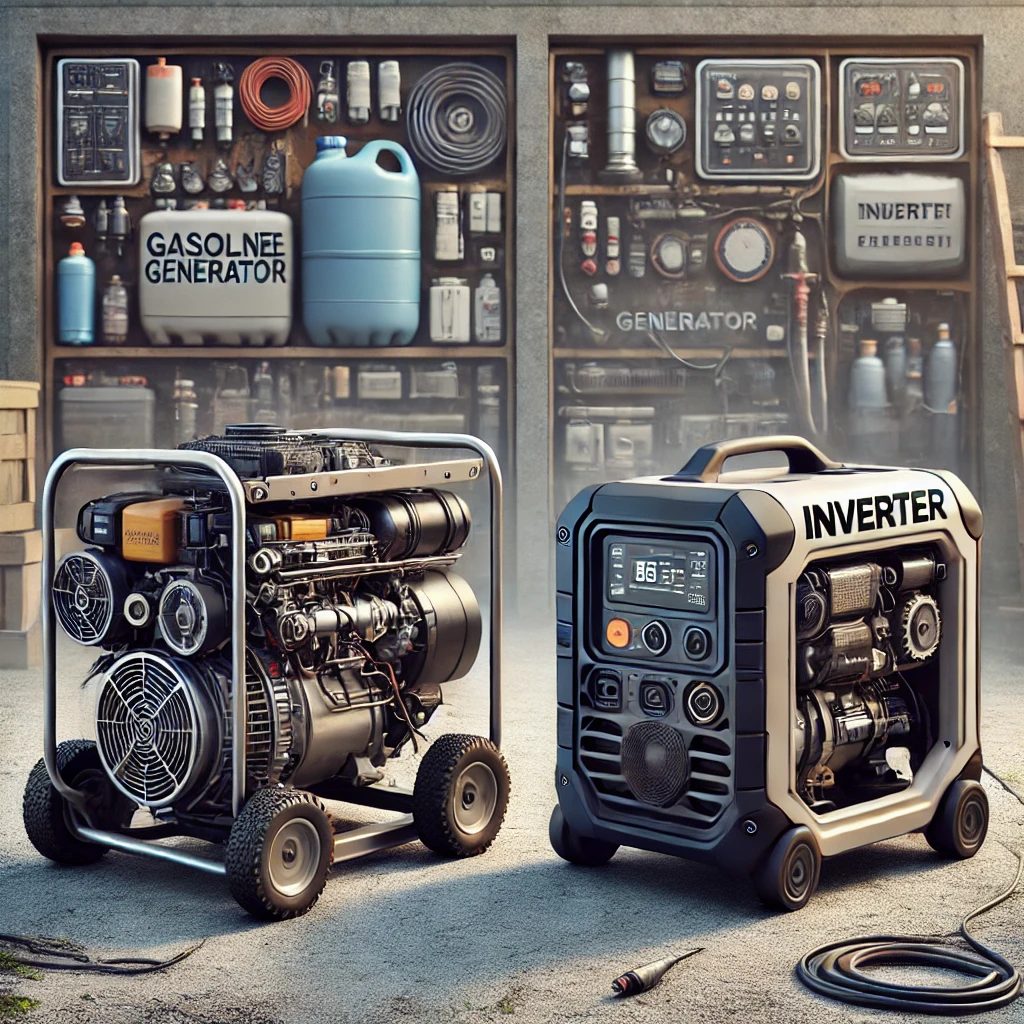Uncategorized
Conventional vs Inverter Generators
Here is an accompanying video that I posted on YouTube this morning.
When deciding between conventional gasoline generators and inverter generators, it’s essential to consider factors like fuel consumption, noise levels, maintenance needs, and pricing, as both styles have distinct pros and cons depending on your specific power needs. Let’s dive into the comparison of these two generator types to help you make an informed decision.
Conventional Generators
Conventional generators are well-known for their ability to provide steady power at higher outputs, making them a common choice for home backup during power outages or construction sites.
Pros:
- High Power Output: Capable of delivering large amounts of energy, conventional generators can handle heavy-duty tools and multiple household appliances.
- Longer Runtime: With larger fuel tanks, they can run longer, which is ideal for extended power outages or continuous work hours Propaneva.
- Lower Initial Cost: Typically less expensive than inverter generators, making them a budget-friendly option for higher power needs PropanevaGeneratorMag.
- Simple Technology: Due to their simpler design, they are generally easier to repair and maintainGeneratorMag.
- Availability: These generators come in a wide range of models and sizes, making them easy to find.

Cons:
- Noisy Operation: Conventional generators are louder and lack noise-dampening features, making them disruptive in residential areas PropanevaGeneratorMag.
- Poor Fuel Efficiency: They burn more fuel, especially at lower power demands, leading to higher operating costs PropanevaGeneratorMag.
- Heavy and Less Portable: Due to their large engines and fuel tanks, conventional generators are bulkier and harder to transportGeneratorMag.
- Fluctuating Power Output: Conventional generators may not provide stable power, which can be harmful to sensitive electronics like laptops and smartphonesPropaneva.
- Limited Features: Unlike inverter generators, they lack advanced features like parallel connectivity or eco-modeGeneratorMag.
Inverter Generators
Inverter generators are known for their ability to produce clean, stable power, making them a go-to choice for powering sensitive electronics and offering quieter, more fuel-efficient performance.
Pros:
- Clean Power: They produce a stable sine wave of electricity, which is safer for delicate electronicsPropanevaGeneratorMag.
- Fuel Efficiency: Inverter generators automatically adjust engine speed based on power demand, leading to significant fuel savings Propaneva.
- Quiet Operation: These generators run much quieter than conventional models, often producing noise levels as low as 50 to 60 dB, making them ideal for residential or camping usePropanevaGeneratorMag.
- Lightweight and Portable: With compact designs, most inverter generators can be easily carried, making them perfect for outdoor activitiesPropanevaGeneratorMag.
- Parallel Capability: Some models allow you to connect two inverter generators to double the power output if needed GeneratorMag.

Cons:
- Higher Initial Cost: Inverter generators are more expensive upfront compared to conventional onesPropaneva.
- Lower Power Output: They generally provide less power, typically up to 7,000 watts, which may not be enough for larger homes or high-demand equipmentPropaneva.
- Shorter Runtime: Due to smaller fuel tanks, they have shorter runtimes, making them less suitable for prolonged use without refueling Propaneva.
- Complex Technology: Repairs and maintenance may be more expensive due to the sophisticated internal componentsPropaneva.
- Limited Availability for High Power Needs: While ideal for smaller applications, inverter generators are not always available in models suitable for heavy-duty requirements GeneratorMag.
Fuel Considerations: Ethanol vs. Non-Ethanol Fuel
Both types of generators can run on gasoline, but choosing between ethanol and non-ethanol fuel is essential for their longevity and performance. Ethanol-blended gasoline can attract moisture and cause corrosion in the engine, especially during long periods of inactivity. Non-ethanol fuel, on the other hand, is a better choice for generators, as it burns cleaner and is less likely to cause carburetor issues, reducing the need for frequent maintenance.
Fuel Consumption, Noise, and Maintenance
- Fuel Consumption: Conventional generators tend to consume more fuel due to their fixed engine speeds, while inverter generators adjust their output based on the load, resulting in greater fuel efficiency. For example, an inverter generator can run up to twice as long on the same amount of fuel compared to a conventional onePropanevaGeneratorMag.
- Noise Levels: Inverter generators are significantly quieter, with noise levels ranging between 50-65 dB, whereas conventional generators often produce noise above 70 dB Propaneva.
- Maintenance Needs: Conventional generators are more straightforward to maintain, but their higher fuel consumption and tendency to fluctuate in power may require more frequent tune-ups. Inverter generators, while more efficient, may need specialized repairs due to their complex internal systemsPropanevaGeneratorMag.
Pricing Overview
- Conventional Generators: Typically range from $500 to $2,000, depending on the size and power output Propaneva.
- Inverter Generators: Prices usually start around $700 and can go up to $3,000 or more for higher-end models GeneratorMag.
In summary, conventional generators are great for those who need high power output and longer runtimes at a lower initial cost, while inverter generators are perfect for those seeking quiet operation, fuel efficiency, and clean power for sensitive electronics. Your choice depends on how you plan to use the generator and your specific power needs.

